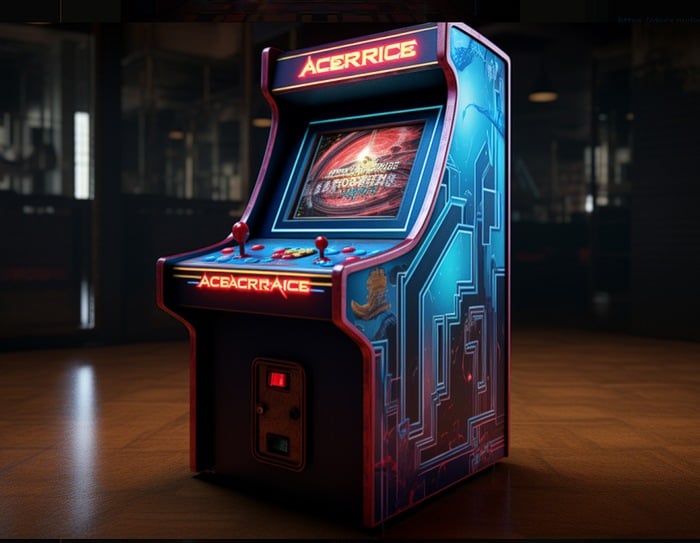The Raspberry Pi 5, the latest iteration of the popular single-board computer, has been put through its paces in a series of rigorous tests to evaluate its game emulation capabilities. With a quad-core Cortex A76 CPU running at 2.4 GHz and a new VideoCore GPU running at up to 800 MHz, the Raspberry Pi 5 is touted by the Pi Foundation as being two to three times more powerful than its predecessor, the Raspberry Pi 4. This significant boost in power could potentially offer a substantial improvement in emulation performance, a prospect that has excited the gaming community.
The Raspberry Pi 5’s specifications and improvements over the Raspberry Pi 4 are substantial. The new model boasts a quad-core Cortex A76 CPU running at 2.4 GHz, a significant upgrade from the previous model’s Cortex A72. Additionally, the new VideoCore GPU, running at up to 800 MHz, is a marked improvement over the Raspberry Pi 4’s 500 MHz GPU. These enhancements suggest that the Raspberry Pi 5 could offer a significant boost in emulation performance.
ETA Prime tested these claims, various emulators were installed and run on the Raspberry Pi 5. RetroArch, a popular front-end for emulators, was used for testing, with Game Boy Advance (GBA) and Nintendo 64 (N64) emulators working successfully. However, the Sega Saturn emulator failed to boot, indicating some compatibility issues that need to be addressed.
Raspberry Pi 5 games emulation tested
The performance of Game Boy Advance, N64, Dreamcast, and PSP emulations were particularly noteworthy. The GBA emulator ran Sonic Advance 3 at full speed, demonstrating the Raspberry Pi 5’s ability to handle this system’s games with ease. The N64 emulator also showed promising performance, with games such as Rogue Squadron and Golden Eye 007 tested and running smoothly.
Other articles you may find of interest on the subject of Raspberry Pi 5
Dreamcast emulation, using the redream emulator, also worked well, with Marvel vs Capcom 2 tested and running without any noticeable issues. PSP emulation was tested using the standalone version of PPSSPP, with games like Ridge Racer, Ratchet and Clank, and God of War chains of Olympus tested. The performance was satisfactory, although there were some minor issues that need to be addressed.
However, not all tests were successful. The PS1 emulator, Duck Station, was successfully run, but the Dolphin Emulator and ether sx2 failed to boot. These failures highlight some of the limitations and issues encountered during testing. It’s clear that while the Raspberry Pi 5 has made significant strides in terms of power and performance, there are still some compatibility issues that need to be resolved.
The future potential for emulation on the Raspberry Pi 5 is exciting. With its enhanced specifications and improved performance, it offers a promising platform for running a wide range of emulators. Further testing is planned for GameCube, Wii, and PS2 emulation once compatibility issues are resolved. This will provide a more comprehensive understanding of the Raspberry Pi 5’s capabilities and limitations.
The Raspberry Pi 5, with its improved specifications and performance, offers significant potential for game emulation. While there are still some compatibility issues to be addressed, the successful testing of various emulators, including those for the GBA, N64, Dreamcast, and PSP, is promising. As the Raspberry Pi 5 becomes more widely available, it will be interesting to see how its emulation capabilities continue to evolve and improve. You might also be interested in how to overclocked your Raspberry Pi 5 t o3 GHz.
Filed Under: Gaming News, Top News
Latest aboutworldnews Deals
Disclosure: Some of our articles include affiliate links. If you buy something through one of these links, aboutworldnews may earn an affiliate commission. Learn about our Disclosure Policy.







